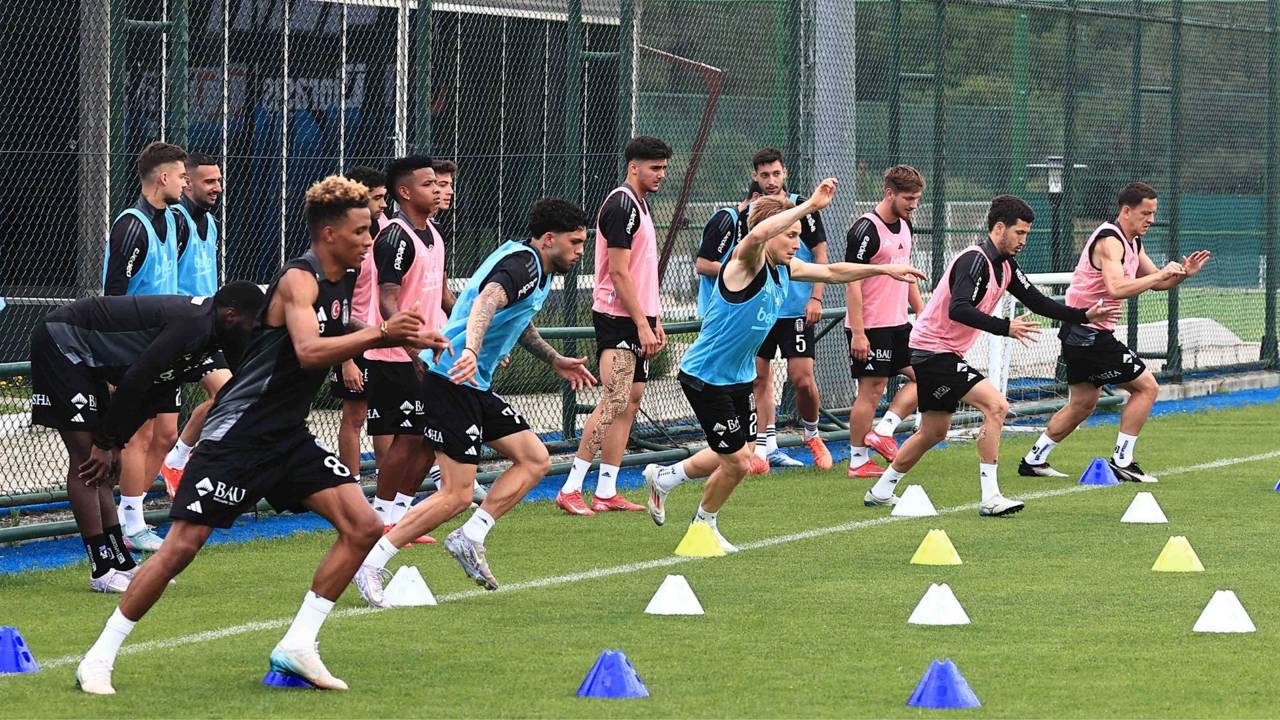Pre-Season Preparation for Athletes: Take Your Performance to the Next Level
A new season is not just a beginning for athletes; it is an opportunity to grow, push boundaries, and unlock potential. Past achievements remain behind, and new goals arise ahead. However, a strong comeback requires more than just physical conditioning. True performance is born from the harmony of body and mind.
Goal Setting and Planning
The first step in preparing for a new season is setting the right goals. Random training sessions may be exhausting in the short term and ineffective in the long term. That’s why goals should be measurable, achievable, and time-bound.
Short-term achievements act as stepping stones toward long-term success. The key element that strengthens this process is proper planning. Endurance, strength, agility, and reaction training should all be integrated into a balanced program.
Regularly tracking performance also enhances an athlete’s motivation and accelerates progress. Keeping a training journal, using digital tools, or conducting periodic tests are highly effective ways to achieve this.
Physical Preparation: Building Stronger Conditioning
In the new season, four key physical qualities stand out for athletes: endurance, strength, speed, and flexibility. Developing these traits helps you perform stronger, faster, and more efficiently on the field.
Endurance is the foundation of sustaining high performance over long periods. Interval runs and cycling strengthen cardiovascular health, while bodyweight exercises (squats, lunges, planks) increase overall strength. Regular cardio boosts energy levels and enhances match performance.
Strength training not only prevents injuries but also improves game performance. Free weights and bodyweight exercises build power, while core workouts (planks, Russian twists, leg raises) strengthen stability and balance.
Speed and agility define competitive advantage on the field. Plyometric exercises (jump squats, box jumps) improve explosive power, while sprint repetitions and agility drills enhance quick directional changes and sharpen reflexes.
Flexibility and mobility reduce injury risk and elevate performance. Dynamic warm-ups prepare muscles before training, while static stretches relax them afterward. Yoga and Pilates increase both flexibility and core endurance. A balanced physical preparation program develops endurance, strength, speed, and flexibility together—helping athletes stay stronger, faster, and more resilient.
Nutrition and Recovery
One of the most crucial factors that determines performance is proper nutrition. Protein sources accelerate muscle repair, whole grains and vegetables replenish energy, and healthy fats support both mental and physical endurance.
Hydration should be consistent throughout the day, with electrolytes replenished during intense sessions. For adult athletes, 7–9 hours of sleep is ideal. Quality rest enables muscle recovery and mental renewal.
Mental Preparation
Staying strong on the field is not only about physical power but also about mental resilience. Enhancing mental skills allows athletes to make the right decisions under pressure and elevate overall performance.
Short meditation sessions and breathing exercises reduce stress and improve focus. Visualization—mentally simulating match scenarios—strengthens decision-making speed and game anticipation. Strategy games like chess enhance planning, focus, and quick thinking. Regular mental training helps athletes remain calm under pressure and make accurate decisions on the field.
Mental resilience is just as important as physical preparation. Athletes who develop focus and strategic thinking skills gain an undeniable advantage over their opponents.
Cognitive-Motor Training
Training the body and brain simultaneously is essential in modern sports preparation. Reacting to color or sound cues, using reflex balls, or combining balance drills with cognitive tasks simulate real match conditions.
CatchPad enhances reflexes with randomized light signals while providing objective data, making progress measurable and transparent.
Tracking Progress
Without regular measurement, progress is difficult to identify. Traditional methods such as timing with a stopwatch, recording distances, and counting repetitions are effective but limited. CatchPad turns training into data with metrics like reaction time, accuracy rates, and progress charts—keeping motivation high and development on track.
Motivation and Mental Resilience
Throughout the season, there will be ups and downs. Celebrating small victories and fostering a supportive sense of competition within the team boost motivation. In challenging moments, staying calm and thinking strategically are the clearest signs of mental resilience.
Remember: It is often not muscle strength but mental sharpness that determines the outcome of a game.
Conclusion
Preparing for a new season goes beyond building physical strength—it’s about developing mental speed and resilience. With planned goals, the right training, balanced nutrition, and consistent tracking, athletes can reach peak performance.
CatchPad gives athletes a unique advantage in this process. It shortens reaction time, enhances focus, and develops the mental agility that makes a difference both on the field and in daily life.


Share:
Things to Consider When Opening a New Gym 🏋️
How to Improve Your Sports Training with Artificial Intelligence?